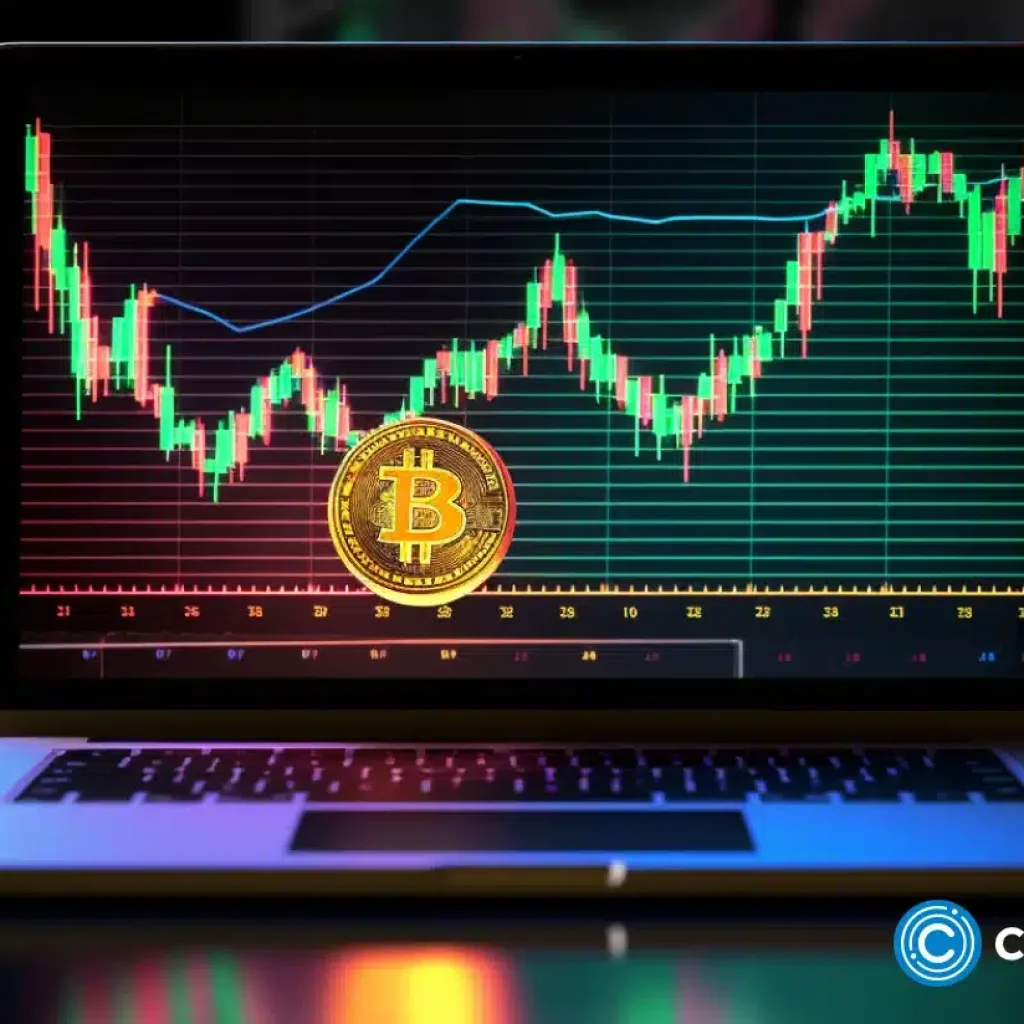Hinman documents recently made public have exposed internal tensions within the U.S. Securities and Exchange Commission (SEC), raising concerns about the agency’s intentions in the continuing legal battle with Ripple. The documents revealed the SEC’s position on crypto, which impacted investor safety. Stuart Alderoty, the chief legal officer of Ripple, claims that the SEC purposefully increased regulatory ambiguity.
Ripple’s claims: SEC purposefully increased regulatory ambiguity
According to reports, recent revelations in the Hinman documents, which have become public amid the legal dispute between Ripple and the U.S. Securities and Exchange Commission (SEC), have exposed internal conflicts within the SEC. This development has sparked inquiries into the SEC’s actions and decision-making processes surrounding cryptocurrencies.
The Hinman documents cover the internal SEC correspondence relating to a speech given by former director William Hinman in 2018. Crypto analysts claims that the Hinman records present a picture of an organization that is more concerned with enlarging its purview than carrying out its core duty of safeguarding American investors:
One analyst pointed out that one of the unredacted Hinman documents showed that the Office of General Counsel of the SEC had accepted the potential that crypto would fall under an “other” category. This shows that cryptocurrencies are not classified as securities under the Howey test’s notion of a controlling organization because there isn’t one. Similar to other items like prescription drugs or credit cards, laws may still be necessary to protect consumers.
According to market analyst, the main problem is that while cryptocurrencies may have certain traits of securities, their essential qualities set them apart from conventional securities. As a result, although cryptocurrency regulation is essential, it shouldn’t be left entirely in the hands of securities regulators, who are seen as “power-hungry.”
Ripple and crypto industry react to Hinman document disclosure
Reports have it on good authority that the disclosure of the Hinman documents has opened a Pandora’s box of potential implications for Ripple and the greater crypto industry. “Now that these documents are public, it demonstrates the rabbit hole goes much, much deeper, and further document requests will be issued soon […] be it from other litigants, Congressional investigators, FOIA requests, etc
According to analysts, other records that illuminate the circumstances surrounding Hinman’s speech and demonstrate the conceivable participation of numerous institutions and people in forming the story may be requested. Investigating SEC staff contacts regarding why Hinman disobeyed their advice to leave ether out of his speech is part of this process.
Although William Hinman, the former head of the SEC’s corporation finance division, received a lot of attention this week for his insider discussions that led to the creation of a five-year-old speech, there were never any formal commission-approved rules or guidelines regarding the status of ether (ETH) at the time of the agency’s earlier uncertainty. The discussion surrounding the former official’s remark may provide new information, but it is unlikely to impact the agency’s crypto policy.
Ripple challenges SEC on ether regulation
Andrew Hinkes, a lawyer at K&L Gates and co-chair of its digital assets practice, clarified that the Hinman documents do not establish legal precedent or create new laws. Instead, they offer valuable insights into the viewpoints of specific SEC staff members at a particular moment, providing a helpful understanding of the agency’s position on the crypto-as-securities debate. However, Hinkes emphasized that the SEC cannot be held accountable based on the contents of these documents.
Hinman stated in his speech, which is still available on the SEC website, that he didn’t “see a need to regulate ether”—a position that SEC officials were disputing as he made his statement. Given the similarities between ETH and the closely affiliated Ripple’s company XRP token, the remarks have received special attention from Ripple.
On June 15, Ripple Chief Legal Officer Stuart Alderoty expressed his belief that the SEC contributed to regulatory confusion within the marketplace. He stated that the SEC was aware of the existing confusion and deliberately took action to exacerbate it. Additionally, Alderoty shared his perspective on Twitter, suggesting that William Hinman’s speech should no longer be considered a valid reference in any substantial discussion regarding whether a token qualifies as a security.
The organization has moved on with additional comments from SEC Chair Gary Gensler that support a different viewpoint instead of relying on Hinman’s opinion in recent years. Gensler stated that such tokens might be securities after Ethereum’s well-publicized switch to proof-of-stake. However, he did not specifically mention ETH.





